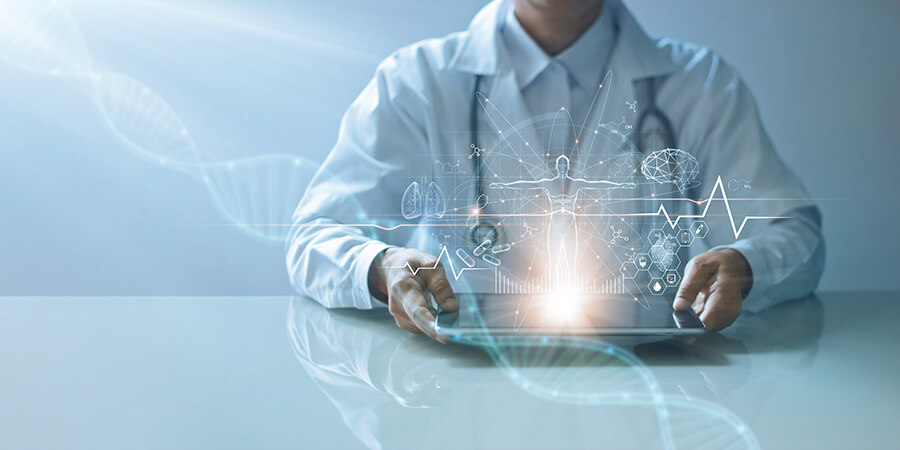The healthcare industry has witnessed a big leap with IoT technology. The ability of the Internet of Things (IoT) to connect real-time data with users — together with the emergence of ultra-low latency, high bandwidth 5G — is a game-changer for the healthcare industry.
Think remote monitoring, smart ambulances and wearable biometric sensors. These are just some of the many IoT healthcare applications that are impacting the industry and delivering tangible benefits to patients.
According to Straits Research, the global IoT healthcare market was valued at $99.58 billion in 2022. This amount is projected to reach $486.34 billion by 2031, representing a compound annual growth rate (CAGR) of 19.27% during this period. In the Asia Pacific, market growth can be attributed to the widespread availability of high-speed Internet, increased adoption of artificial intelligence (AI) and heightened government initiatives to roll out digital health. By 2031, it is estimated that 20% of healthcare facilities will employ IoT-based sensor technology in the region.
Broadly, IoT healthcare can be segmented into telemedicine, connected imaging, clinical operations, workflow management and inpatient monitoring. By leveraging IoT healthcare solutions, doctors can now improve diagnostic and treatment options for patients through methods such as capsule endoscopy, which relies on machine learning to help doctors gather more information about a medical condition and hence facilitate their decision-making. Future-proof smart ambulances allow paramedics to connect with doctors via a telemedicine system to send the latter clear and accurate real-time information about a patient even before he or she arrives at the hospital to receive timely treatments.
Apart from delivering improved medical diagnostics, IoT takes healthcare one step further with high-precision robotic surgeries that leave little or no room for human error and thus significantly improve healthcare outcomes. In a hospital, IoT devices are equipped with sensors and AI technology for staff to better track inventory, including equipment and medication. For instance, hospitals can use a predictive model that uses AI to manage their medication and supply levels. Hospitals can also tap into a similar technology to manage the allocation of hospital beds, thereby effectively improving processes and enhancing overall productivity.
Outside of medical facilities, IoT powers wearable monitoring devices and sensors that allow patients to monitor biometrics such as temperate glucose levels and blood oxygen levels in the comfort of their homes, delivering a marked improvement to preventive medicine in the healthcare industry. With mobility healthcare solutions, patients can rely on mobile applications to alert doctors in the event of an emergency, allowing for real-time evaluation and, hence, a shorter response time. For many, the result is a reduced length of stay in hospitals or a reduced frequency of doctor appointments, greater convenience and comfort, as well as reduced healthcare costs in the long run.
Given the benefits of IoT healthcare, more effort is being channeled into this field. For instance, in January, a major tech company in Vietnam entered into a partnership with Microsoft to develop AI-empowered healthcare services that will support early detection and increase workflow productivity.
However, while IoT is critical to digitalizing the healthcare industry, implementing it in healthcare is not without its challenges. Given the amount of information as well as the sensitivity of the information, security and privacy are major concerns surrounding IoT-enabled devices and applications. Extra care must be taken to boost security measures to ensure that sensitive information is not compromised.
For instance, the Cyber Security Agency of Singapore (CSA) recently introduced a labeling scheme for medical devices to help providers make better decisions relating to their cybersecurity policies.
As many countries grapple with an aging population, a surge in chronic diseases and other ailments, as well as limited medical resources, IoT healthcare solutions hold the potential of refining and transforming the global healthcare industries to bring about enhanced processes, workflows and outcomes. In the coming years, we can expect continued interest and a rise in IoT healthcare investments to harness its full benefits.





